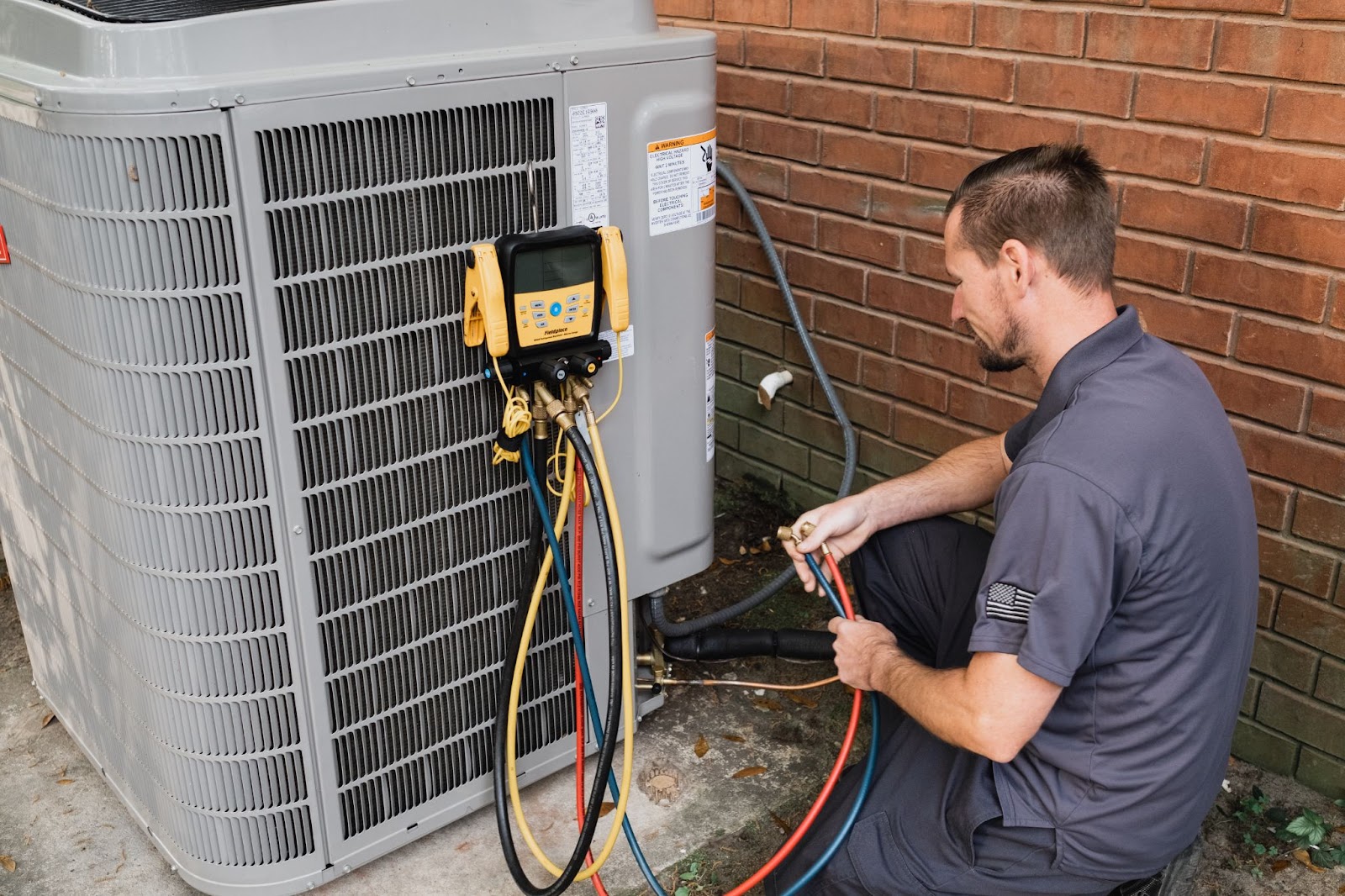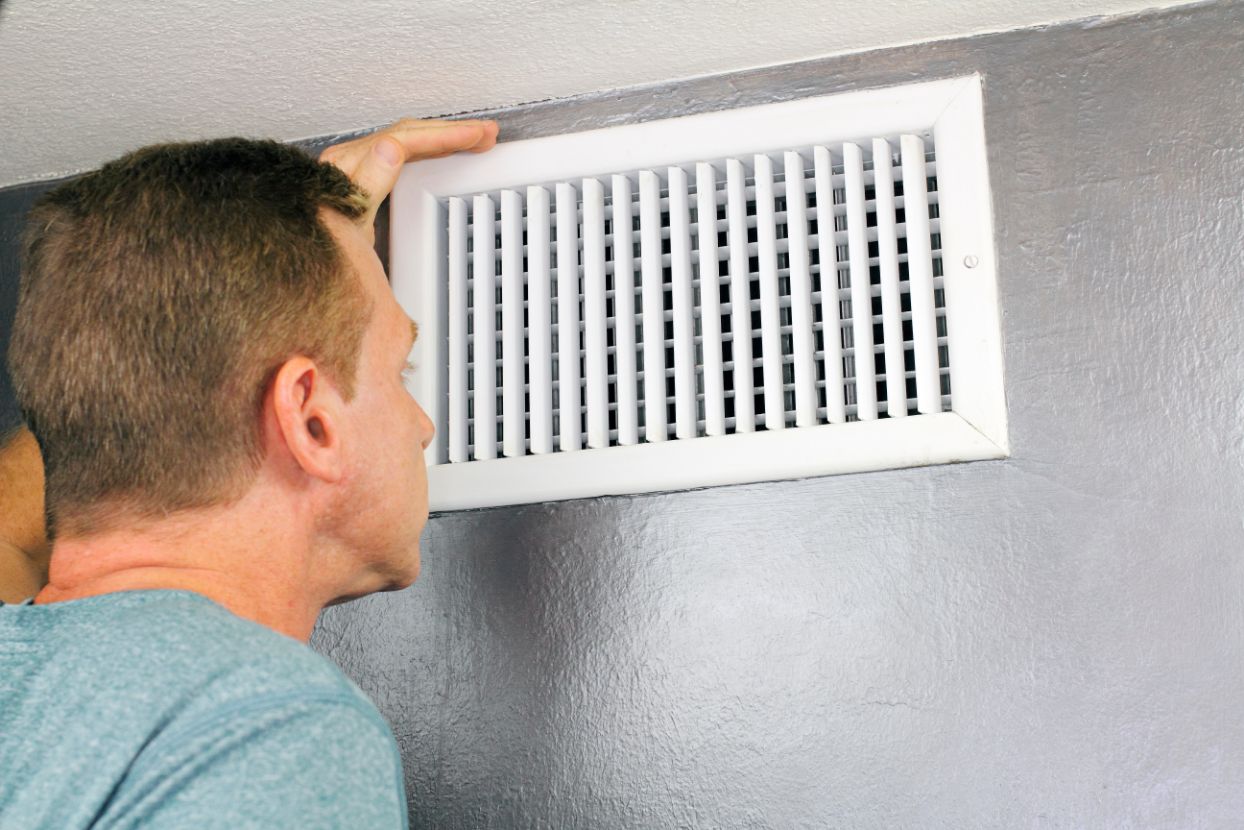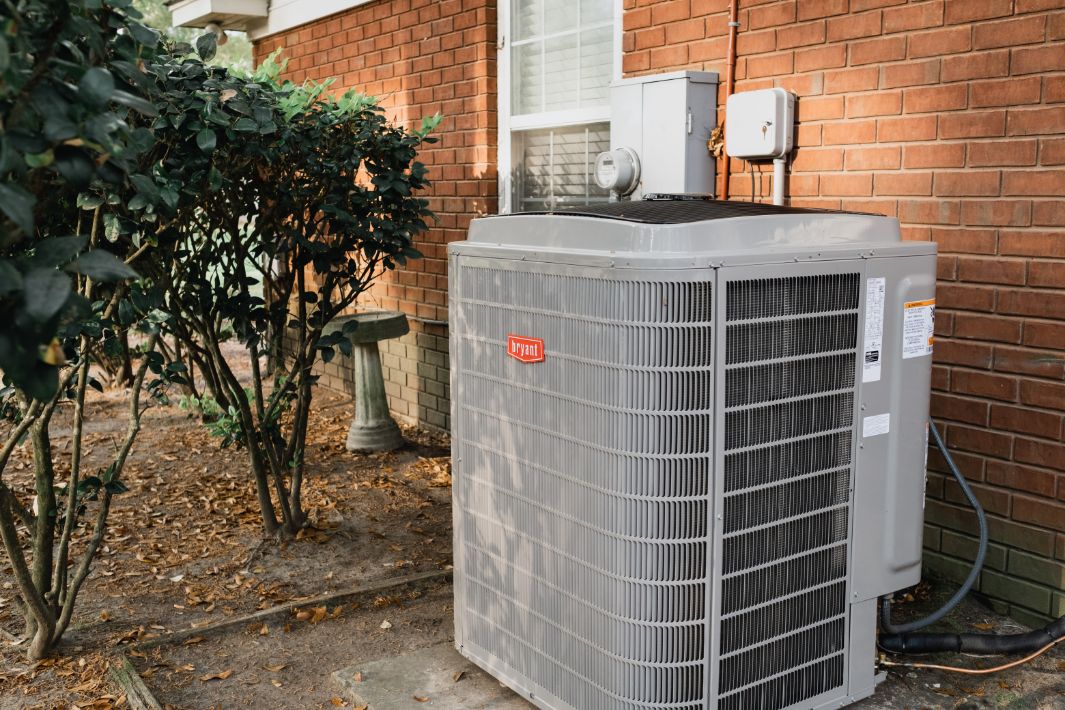If you’ve ever stepped outside on a summer day in South Georgia and felt like you were swimming through the air—you already know humidity can be intense. And it doesn’t just affect your hair; it has a big impact on how well your HVAC system performs. At Indoor Climate Experts, we’re all about helping you stay comfortable year-round. And that means making sure your humidity levels are just right. Let’s break down how humidity affects your heating and cooling system—and what you can do about it.
High Humidity & Your Cooling System: A Sticky Situation
In the middle of a Georgia summer, your air conditioner is already working hard. Toss in high humidity, and it’s like asking it to run a marathon in a weighted vest.
Here’s what high humidity does:
- Make your A/C work overtime trying to cool AND dehumidify the air.
- Leads to higher energy bills because your system is constantly running.
- Causes indoor air to feel warmer, even when the temperature says 72°F.
- Creates the perfect environment for mold, mildew, and musty odors—no thanks.
If your home still feels sticky even with the A/C blasting, it might be time to reassess your humidity control.
Low Humidity & Your Heating System: A Dry Dilemma
Believe it or not, humidity matters in winter too. When the air gets too dry, it can make your heating system work harder than it should.
Low humidity can:
- Make it harder to stay warm, so you crank the heat up unnecessarily.
- Dry out your skin, nose, throat, and even your hardwood floors.
- Cause static shocks that make you question your every move.
- Overwork your heating system, shortening its lifespan over time.
In short: dry air isn’t just uncomfortable—it can be expensive, too.
Signs Your HVAC System Might Be Losing the Humidity Battle
Wondering if humidity is messing with your system? Keep an eye out for these signs:
- Your windows fog up even when it’s not cold outside
- Your home feels sticky, stale, or bone-dry
- Certain rooms are always hotter or colder than others
- Your energy bill is climbing and your comfort is tanking
If this sounds familiar, your HVAC system might be silently waving a white flag.
How HVAC Systems Help Manage Humidity
The good news? Modern HVAC systems do more than just heat and cool—they help control humidity too. That is, if they’re sized right, installed correctly, and well maintained.
Here are a few MVPs in the humidity game:
- Multi-stage HVAC units, which are designed to run at lower speeds for longer periods—allowing them to remove more moisture from the air compared to single-stage systems
- Whole-home dehumidifiers or humidifiers
- Smart thermostats like the Ecobee, which help monitor and regulate humidity levels
- Regular HVAC tune-ups to keep everything running smoothly
At Indoor Climate Experts, we offer all of the above—and then some.
Humidity plays a huge role in how well your heating and cooling systems work. When it’s too high or too low, your HVAC system is forced to work harder—costing you money, comfort, and potentially even your system’s lifespan. Serving Pooler and the surrounding areas, we’re your go-to crew for all things HVAC. If you’re ready to take control of your home’s humidity, give us a call at Indoor Climate Experts.


